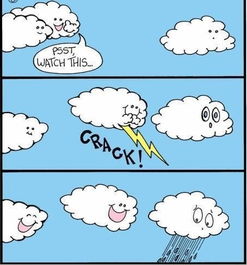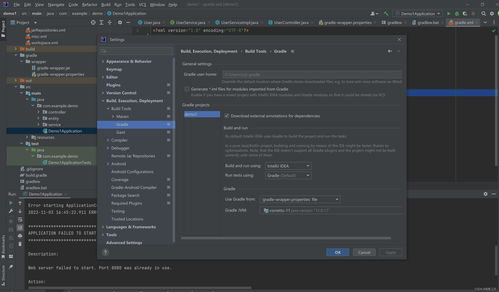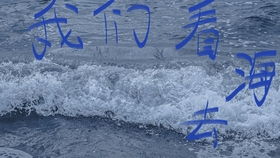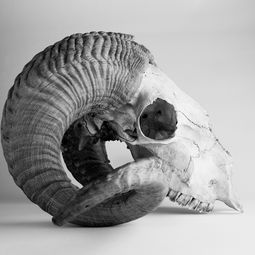Content:
Embarking on a wild fishing adventure can be an exhilarating experience, offering a chance to connect with nature and enjoy the tranquility of the water. However, catching fish in the wild can be quite challenging, as these creatures are often more elusive and unpredictable than their pond-bound counterparts. To enhance your chances of success, here are some essential tips and techniques to help you master the art of catching fish in the wild.
- Understand the Habitat
Before you cast your line, it's crucial to familiarize yourself with the habitat you're fishing in. Different types of water bodies, such as rivers, lakes, and streams, have unique characteristics that can influence where and how you should fish.
- Rivers: Fish in rivers tend to congregate in areas with strong currents, such as around rocks, logs, and eddies. These spots provide shelter and a food source for fish.
- Lakes: Look for areas with deep water, underwater structures, and vegetation, as these are often hotspots for fish.
- Streams: Streams offer a more challenging environment, with fish often found in slower-moving pockets and along the banks.
- Choose the Right Gear
The right equipment can make a significant difference in your fishing success. Here's what you should consider:
- Rod and Reel: Select a rod and reel that match the type of fish you're targeting. A lighter rod is ideal for smaller fish, while a heavier rod is better for larger species.
- Line: Use a line that matches the clarity of the water and the size of the fish you're aiming to catch. Monofilament is versatile and works well in most conditions, but fluorocarbon line is less visible to fish and can be a better choice in clear water.
- Hooks: Choose hooks that are the right size for the bait you're using and the fish you're targeting. A smaller hook is often more effective for smaller fish.
- Learn to Read the Water
Understanding water flow and currents is key to finding fish. Here are some tips to help you read the water:

- Observe the Surface: Look for ripples, bubbles, and disturbances on the water's surface. These can indicate fish activity.
- Listen for Sounds: The sound of water flowing over rocks or through vegetation can give you clues about the location of fish.
- Feel the Current: If you're wading, use your feet to feel the current. Fish often hold in areas where the current is slower.
- Use the Right Bait
The type of bait you use can significantly impact your success. Here are some general guidelines:
- Natural Bait: Live bait, such as worms, minnows, or leeches, can be highly effective. However, it's important to use bait that is native to the area to avoid introducing non-native species.
- Artificial Lures: Artificial lures, such as spinners, spoons, and flies, can be used to mimic the movement of natural prey. Experiment with different lures to see what works best in your fishing spot.
- Flavored Baits: Some anglers use flavored baits to attract fish. However, be cautious as these can sometimes attract unwanted wildlife or cause pollution.
- Patience is Key
Fishing is a waiting game, and patience is a virtue. Don't get discouraged if you don't catch anything right away. Fish can be unpredictable, and sometimes it takes time to find them. Stay focused, and be prepared to wait for the perfect moment to cast.
- Be Environmentally Conscious
Respect the environment and the fish you're targeting. Follow local fishing regulations, release fish that are too small or not of legal size, and practice catch-and-release when appropriate. Always leave the area cleaner than you found it.
In conclusion, mastering the art of catching fish in the wild requires a combination of knowledge, skill, and patience. By understanding the habitat, choosing the right gear, learning to read the water, using the right bait, and maintaining patience, you'll be well on your way to becoming a successful wild fisherman. Remember, the thrill of the catch is just as rewarding as the experience itself. Happy fishing!












